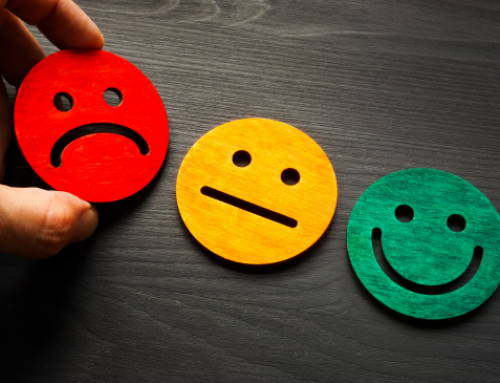I’m unsure if it’s because I’m paying more attention to depressing news as I grow old and jaded, or if our populace is genuinely becoming more indifferent, but it certainly seems like the latter (if not also the former). I suppose it’s very difficult to measure indifference with any degree of confidence, though, hence warring headlines like “Study Confirms: Millennials are apathetic” and “Think all millennials are apathetic voters? Here’s why you’re wrong.” What do you do? Send out a survey asking, “Do you care? Check yes or no”?
In a way, that’s been tried. A 2015 Statistics Canada study, for instance, found that “the proportion of ‘politically inactive’ persons, defined as those who did not participate in non-electoral political activities and who were not very likely to vote in the next election, was 32 per cent among youth aged 15 to 19 and 26 per cent among youth aged 20 to 24, compared with 12 per cent among seniors aged 65 to 74.” Non-electoral political activities were defined as broadly as signing a petition, attending a public meeting or demonstration, expressing one’s views to a politician, or boycotting or choosing a product for ethical reasons.
A 2019 Abacus Data survey of Canadian youth revealed that in the past year, only 6 per cent had volunteered on a political campaign, and 8 per cent with an advocacy group. The authors concluded that only 18 per cent of youth could be considered “engaged” in public affairs.
Now, I unquestionably care about political engagement, but I especially care about “moral engagement” – that human rights injustices not be perpetrated, and importantly, that no human rights injustice goes unprotested. Do people care about right and wrong?
There are certain news stories that have resonated with me recently because they suggest that people don’t.
Brett Corbett, a 14-year-old Nova Scotian with cerebral palsy, was convinced by his classmates to serve as a human bridge for them to step on as they crossed a stream.
Three of the students responsible for the appalling sexual assaults at St. Michael’s College School in Toronto got off without any jail time, in part because apparently bullying was normalized in the school and one of the teens just thought it was “regular hazing that went too far.”
Marcella Zoia, AKA “Chair girl,” of Toronto, earned that moniker after she was filmed tossing a chair off a high-rise balcony, just missing vehicles travelling on the Gardiner Expressway below. This is not a girl who wanted to kill anyone; this is a girl who simply didn’t care if she did or not. She has outwardly appeared remorseless, growing her social media following and even appearing in a Drake music video before the backlash prompted her to be removed.
Quite obviously, a culture of life does not treat life as if it’s disposable, human dignity as if it’s something to be trampled upon. If born human beings – who do have legal recognition – aren’t respected, we have little hope that preborn human beings will be respected.
Holocaust survivor Elie Wiesel once said: “The opposite of love is not hate, it’s indifference. The opposite of art is not ugliness, it’s indifference. The opposite of faith is not heresy, it’s indifference. And the opposite of life is not death, it’s indifference.”
He knew firsthand the evil the Nazis wrought, but interestingly chose instead to call out indifference – the poisoning of the soul.
I imagine that many of the perpetrators of the Holocaust and other injustices wrongly thought what they were doing was right. Nazis, slave-owners, colonizers, etc. appeared to genuinely think themselves superior and their actions just and proper. Of course, they’re accountable for those actions; I’m just establishing that they did generally appeal to right and wrong. Certainly, today, there are pro-choicers who conceive of their fight for women’s rights as akin to a holy war.
Our quarrel is with them, yes, but taking a cue from Wiesel, it is even more so with people who are, to varying degrees, indifferent, and if that segment of the population is growing, we are in trouble.
A lot harder than convincing people that a human rights injustice like abortion is in fact an injustice (and wrong), is convincing people to care about right and wrong at all. How do you get people to care? It’s a similar conundrum to one I’ve posed previously: “How can you convince someone who’s not listening to you?” Except this time, I don’t have an answer. I don’t know. I’m just saying it must be done.





